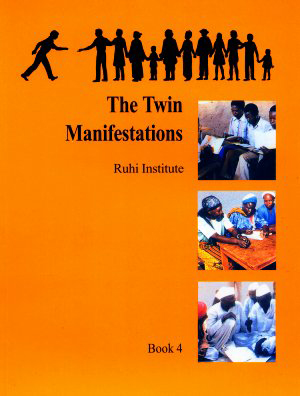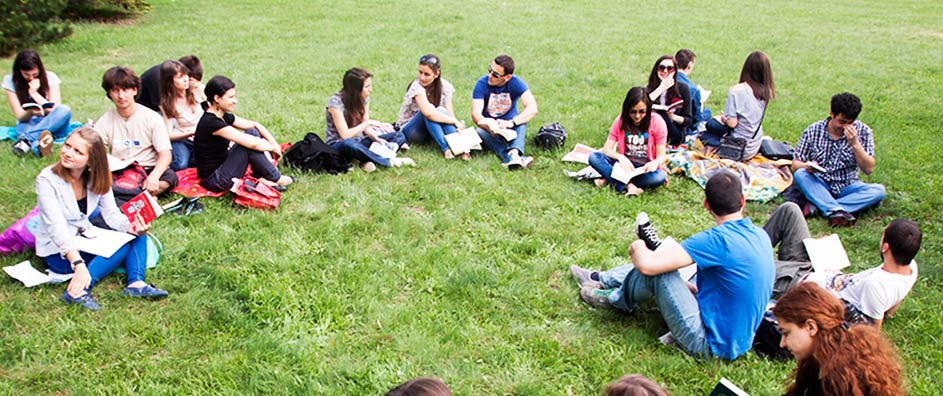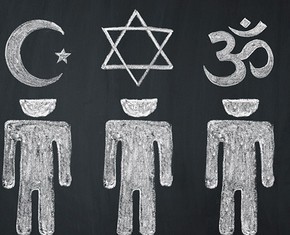The views expressed in our content reflect individual perspectives and do not represent the authoritative views of the Baha'i Faith.
It should not be forgotten that it was the kings of the earth and the world’s religious leaders who, above all other categories of men, were made the direct recipients of the Message proclaimed by both the Bab and Baha’u’llah. It was they who were deliberately addressed in numerous and historic Tablets, who were summoned to respond to the Call of God, and to whom were directed, in clear and forcible language, the appeals, the admonitions and warnings of His persecuted Messengers. – Shoghi Effendi, The Promised Day is Come, p. 19.
Baha’u’llah wrote to the rulers and religious leaders of the world, including “two thousand and more verses” to kings and ecclesiastics. Reading and studying those historic messages from Baha’u’llah and his predecessor the Bab can give seekers a fascinating and momentous learning experience.
Does this pique your interest? Have you ever wanted more information on the Bab and Baha’u’llah? If so, just call your local Baha’i community and ask to join a Baha’i “study circle” on Book 4, called “The Twin Manifestations.”
 The Twin Manifestations refer to the Bab (1819–1850) and Baha’u’llah (1817–1892), the co-founders of the Baha’i Faith.
The Twin Manifestations refer to the Bab (1819–1850) and Baha’u’llah (1817–1892), the co-founders of the Baha’i Faith.
Compared to Ruhi Books 1, 2, and 3, Book 4 provides more factual information about the history of the Baha’i Faith–as form follows function, Book 4 includes more biographical and historical detail.
When you join one of these informal study circles, you can study early Baha’i history in an easy and informative way, ask questions and listen to answers to questions posed by others as well. A friendly, comfortable social environment, a Baha’i study circle doubles as an effective learning environment.
Learning about the lives of The Bab and Baha’u’llah produces a much clearer understanding and appreciation of these two prophetic geniuses, who galvanized modern history with their teachings—ethical precepts and social principles that promise to give rise to a world civilization in the fullness of time, according to Baha’i belief.
The Book 4 study circle includes two series of drawings and explanatory captions. “The Bab: The Herald of the New Day” presents a series of short vignettes of the extraordinary life of the Bab. “Baha’u’llah: The Glory of God” consists of 14 simple illustrations and captions. Both sets sketches and explanations tell the basic life story of these influential prophets.
The accessibility of the Ruhi sequence of “study circle” courses has led to its worldwide use. These study circles have multiplied in global profusion after being field-tested, first in Columbia and then in far-flung reaches of the world. At first, the Ruhi approach might seem simplistic to those in developed countries where literacy and higher education prevail, but that simplicity has proven useful in other parts of the world.
Many Baha’is and their friends say that the Ruhi sequence of study courses can be central to community-building and consolidation.
One prime example of the success of the Baha’i institute process has occurred in the island Republic of Vanuatu, as the Universal House of Justice (the international Baha’i Council elected by Baha’i national representatives every five years) notes with approval:
How glad we are to see that this endeavour is being vigorously advanced across the far-flung regions of the globe, and in a diversity of circumstances and settings, in clusters already numbering some three thousand…
One such, by way of example, is in Vanuatu. The friends who reside on the island of Tanna have made a supreme effort to raise consciousness of the planned House of Worship, and have already engaged no less than a third of the island’s 30,000 inhabitants in an expanding conversation about its significance in a variety of ways…
Junior youth groups on the island are particularly thriving, urged on by the support of village chiefs who see how the participants are spiritually empowered… The impact on a population can be profound. – The Universal House of Justice, “To the Bahá’ís of the World,” 2014.
From Nunavut to Vanuatu, the global growth of the Baha’i Faith, especially among indigenous populations, is nothing short of phenomenal. Remarkably, the very same sequence of study circles is now used throughout the world. So, what you will study, if you choose to join the Baha’i study circle, is the very same course material as villagers would study in, say, Tanzania and Mozambique, in Tasmania and Iceland, in New Zealand and New Caledonia, and here in Pittsburgh as well.
History is a function of change over time. Major events are recorded, of course. Yet we must not lose sight of social transformations as well, especially in the context of significant movements that start with individuals and then grow to gradually involve large numbers of people all over the planet.
In other words, Book 4 uses history to make history, village by village, island by island.
















Comments
Sign in or create an account
Continue with Googleor